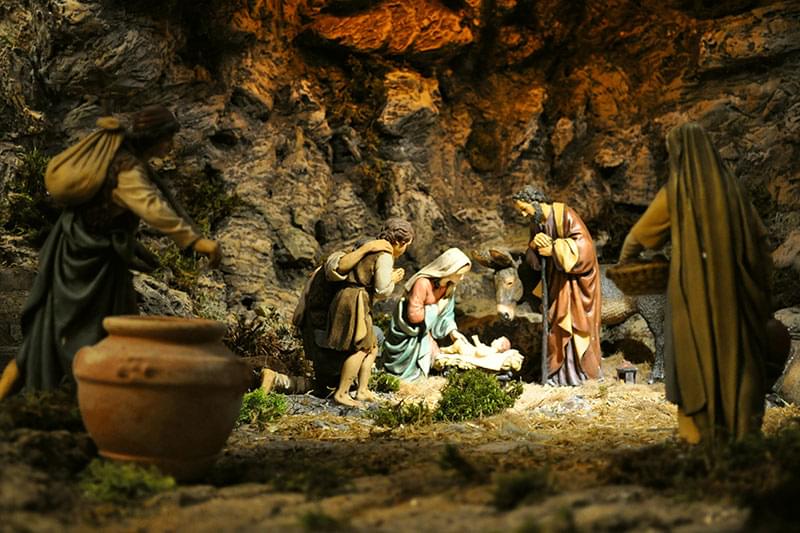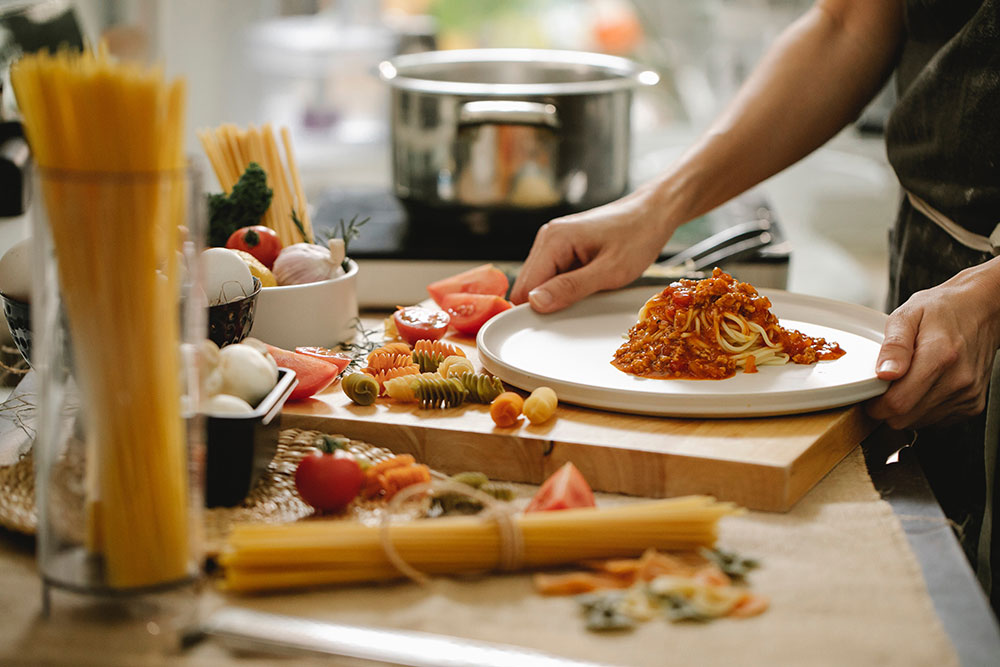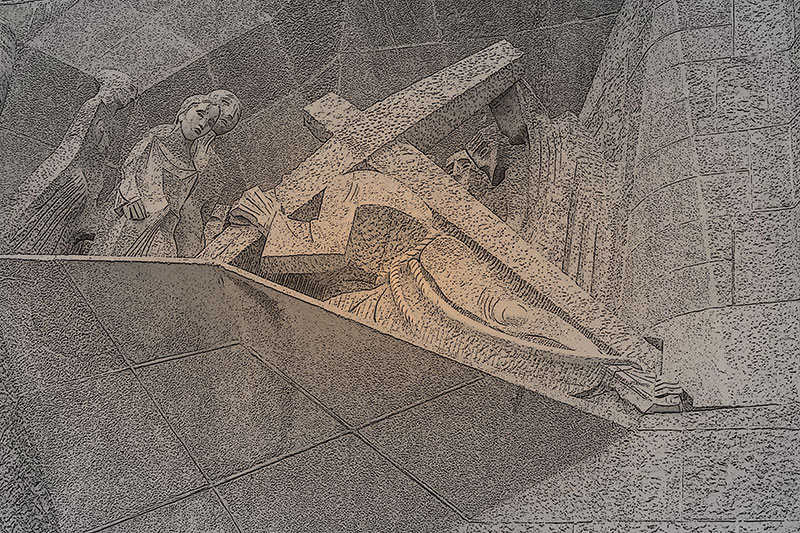Preparation and Decorations

The countdown to Christmas in Italy begins on December 8th, with the celebration of the Immaculate Conception, a national holiday. It is on this day that many Italians start decorating their homes and putting up their Christmas trees. In our house, the tree is a centerpiece adorned with twinkling lights, colorful ornaments, and delicate tinsel. The nativity scene, or "presepio," is also an essential decoration, often passed down through generations and displayed prominently.
Advent and La Vigilia (Christmas Eve)
The period leading up to Christmas is marked by Advent, a time of reflection and anticipation. Many Italians attend church services and participate in Advent calendars. But the real culinary highlight comes on Christmas Eve, known as "La Vigilia." Traditionally, Italians abstain from eating meat on this night and indulge in a sumptuous seafood feast known as the "Feast of the Seven Fishes." Plates overflow with dishes like fried calamari, pasta with clams, and baccalà (salted cod). It's a time for family and friends to gather, share stories, and enjoy the delicious bounty.
Christmas Day

On Christmas morning, children wake up to find presents under the tree, delivered by "Babbo Natale," the Italian version of Santa Claus. Unlike in some other countries, Babbo Natale doesn't come down the chimney but enters through the front door.
The traditional Christmas meal on December 25th often centers around a rich, savory pasta dish like lasagna or tortellini in brodo (tortellini in broth), followed by a succulent roast, such as roast beef or roast pork. Of course, no Italian Christmas meal would be complete without a variety of sweet treats, including panettone (a fruitcake-like bread) and pandoro (a golden, star-shaped cake), served with a glass of prosecco or spumante.
Saint Stephen's Day and Beyond
In some regions of Italy, especially in the south, the celebrations continue on December 26th, known as Saint Stephen's Day. Families may gather again for a meal or visit friends and relatives. This day is also marked by the "Festa di Santo Stefano," a horse race in the town of Siena, dating back to the 17th century.
The Christmas season officially concludes on January 6th, with the celebration of Epiphany, known as "La Befana." According to Italian folklore, La Befana is a kind old witch who delivers gifts to children on this day, much like Babbo Natale. Families often exchange small gifts and enjoy a special cake called "La Befana" or "La Befanini."
Conclusion

Christmas in Italy is a magical time, filled with rich traditions, delicious food, and the warmth of family and friends. Whether you're taking in the festive lights in Rome, strolling through a Christmas market in Florence, or savoring a homemade meal in a cozy Italian kitchen, the holiday season here is truly special. It's a time when hearts are open, and homes are filled with love, as Italians celebrate the beauty of tradition and togetherness.










